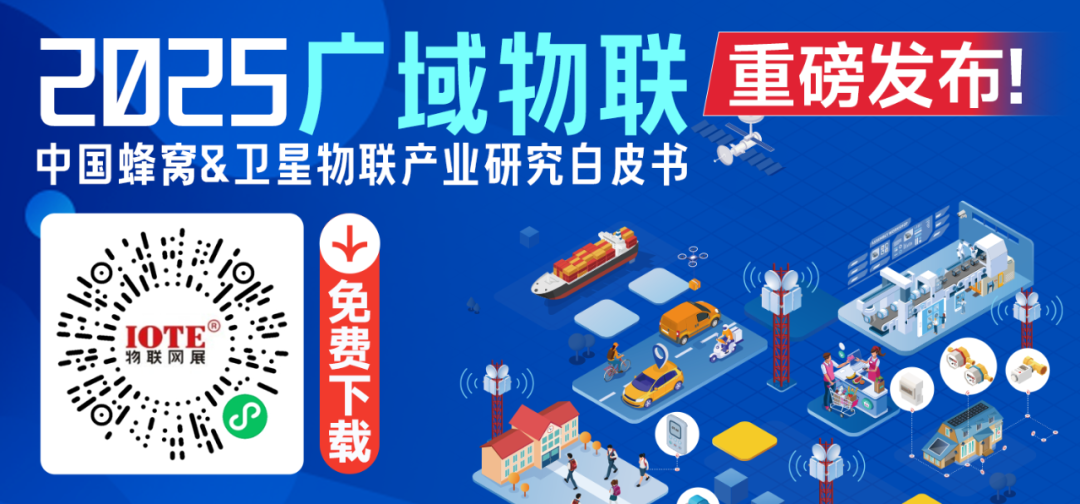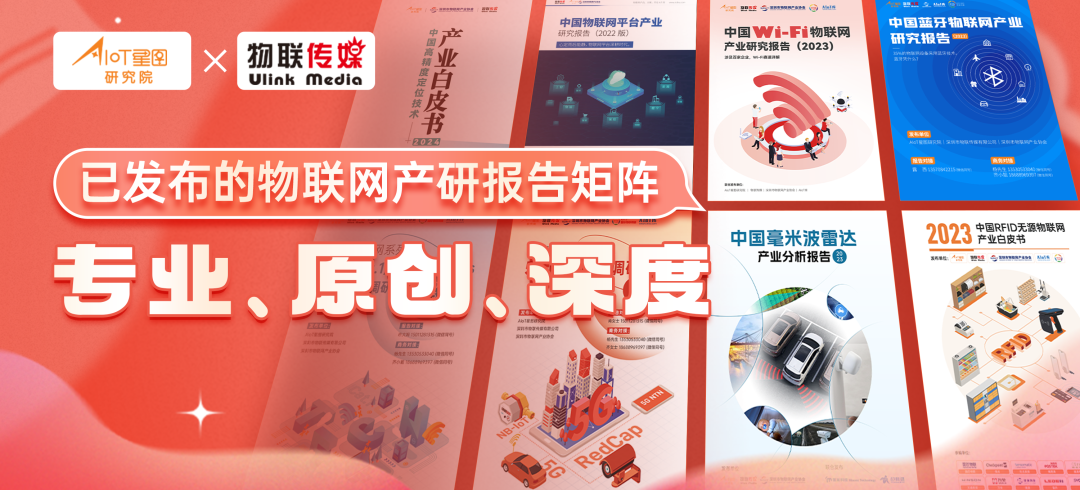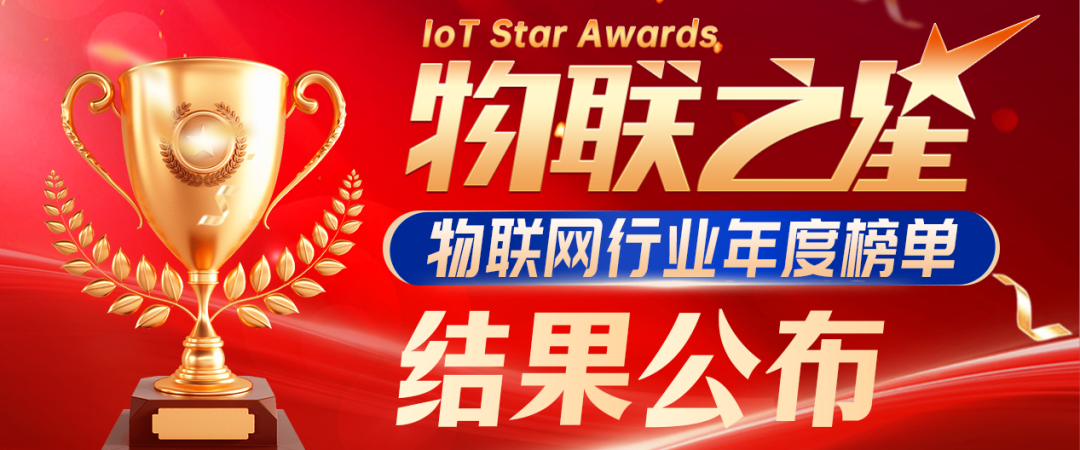
Source: Intelligent Communication Positioning Circle

Recently, Canadian UWB manufacturer SPARK Microsystems launched the second-generation Ultra-Wideband (UWB) wireless transceiver SR1120. It is reported that the SR1120 further solidifies SPARK’s leading position in the data transmission field, significantly reducing power consumption, latency, and enhancing anti-interference capabilities compared to Bluetooth, Wi-Fi, and 2.4 GHz radio.
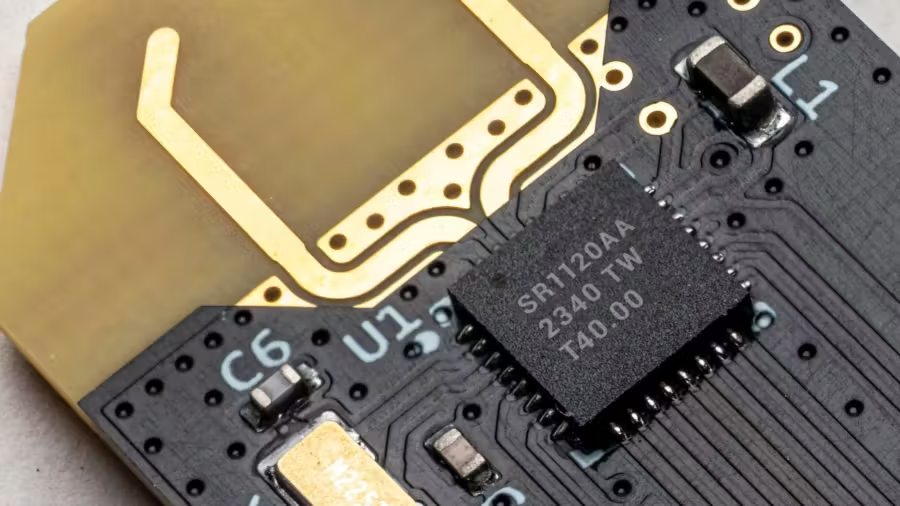
Data rate is 40 times higher than Bluetooth chips
SPARK emphasizes that the new SR1120 chip’s data throughput surpasses that of Bluetooth, with data rates increased from 20 times to 40 times (40.96 Mbps), while maintaining established advantages over Wi-Fi performance, with power consumption reduced by about 25 times and latency decreased by 60 times.
In addition to its powerful data communication capabilities, the SR1120 achieves more competitive ranging performance compared to other UWB products on the market that are only used for ranging and positioning, with approximately 1/100 of the power consumption. Compared to the previous generation SPARK SR1020, the new SR1120 has increased coverage by about 50% and supports multi-antenna configurations using the free licensed spectrum from 6.2 to 9.5 GHz.
SPARK also assures that the chip complies with the IEEE 802.15.4ab physical layer standard, enabling low-energy ultra-wideband communication. The chip includes SPI and quad-channel SPI interfaces, operating under a 1.8-3.3VDC power supply, and can “actively cycle duty cycle” under default configuration, resulting in “several orders of magnitude higher energy efficiency than traditional Internet of Things (IoT) solutions.”
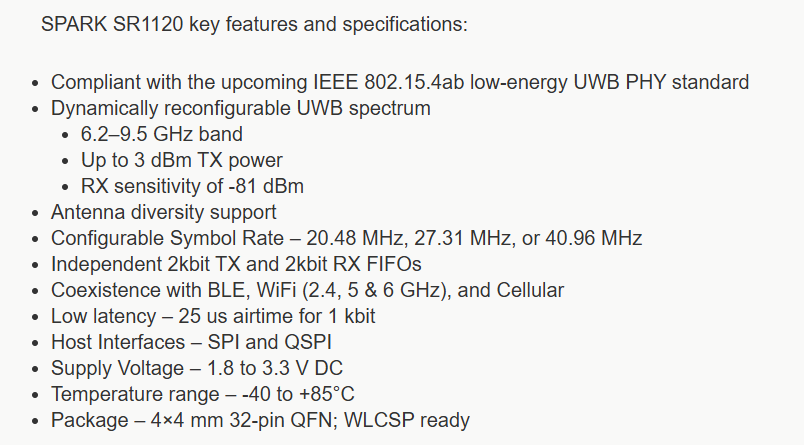
It is worth noting that the current maximum transmission rate of low-power Bluetooth (BLE) can reach 2 Mbps. In contrast, the SR1120’s speed is actually only about 20 times faster than Bluetooth. To meet the demand for higher data throughput from devices, the Bluetooth Special Interest Group plans to launch the Bluetooth High Data Throughput (HDT) project based on BLE. Bluetooth HDT technology will provide data transmission rates of up to 8 Mbps, further narrowing the gap with the SR1120.
Now available, but price not yet announced
The official website shows that the SR1120 can be applied in various fields such as wireless audio streaming, computer peripherals, wearable devices, robotics, industrial control systems, IoT devices, and even medical interfaces, supporting the development of responsive, efficient, and powerful wireless solutions tailored for real-time performance.
SPARK believes that UWB has broken through the long-standing performance limitations of traditional short-range wireless technologies, promoting its application in gaming, edge AI applications, audio, and a wide range of IoT use cases including industrial systems, robotics, and medical devices. In the future, Body Area Networks (BAN) will continue to evolve, integrating implantable medical devices and sensors that transmit neural activity in real-time. Therefore, wireless transceivers need to accommodate exponentially growing data volumes.
Additionally, SPARK provides an SDK for the SR1120 series, designed to work with Visual Studio Code (VS Code). It includes application examples using SPARK Wireless Core and SPARK Audio Core, as well as a BSP to try out these examples on the development kit.
As of the publication by the Intelligent Communication Positioning Circle, the SR1120 has officially launched, but the price has not yet been announced. For reference, the previous generation SR1020 kit was priced at $999, including Tx and Rx hardware.
For more topics on UWB and high-precision positioning technology, you are welcome to register for the “IOTE 2025 Shanghai High-Precision Positioning Technology and Application Ecosystem Seminar” on June 19 in Shanghai.
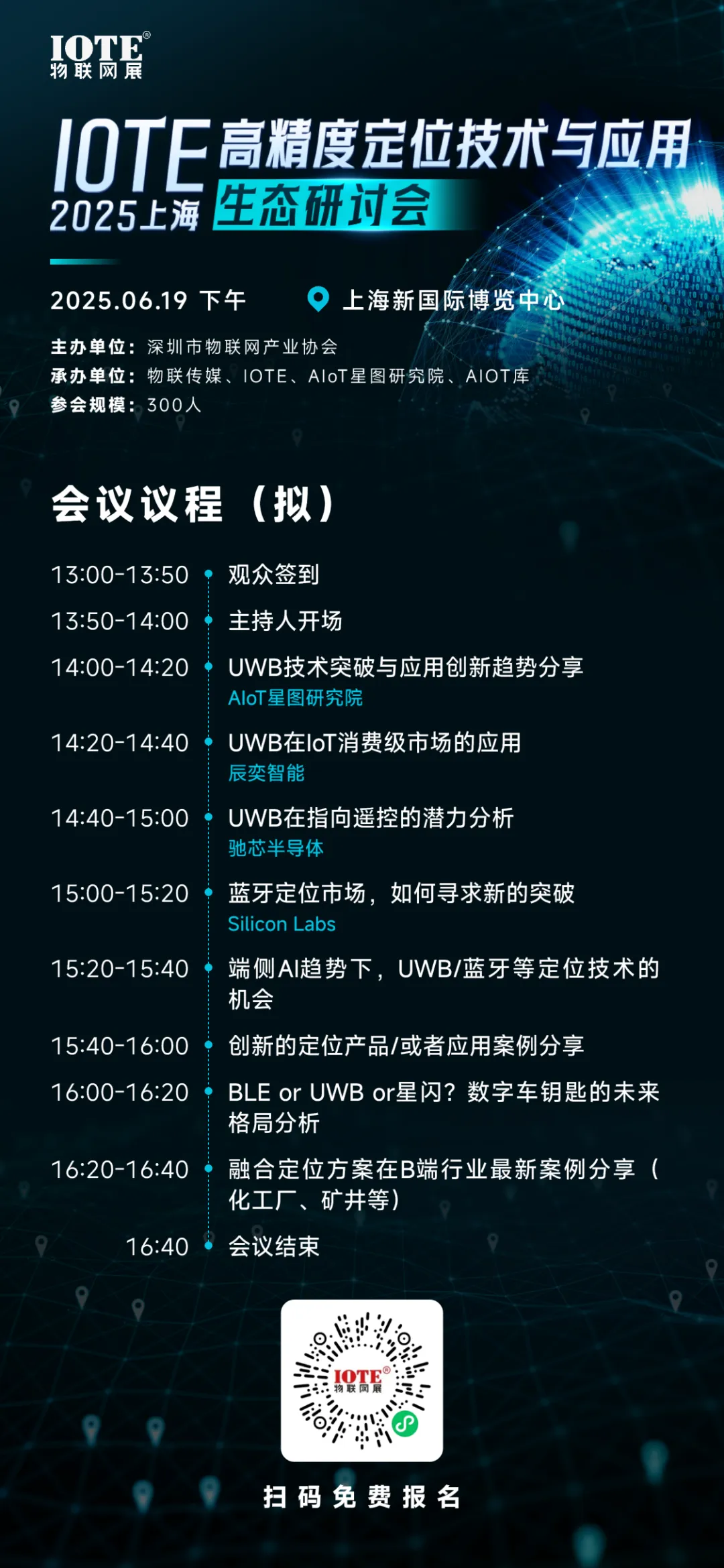
~END~

